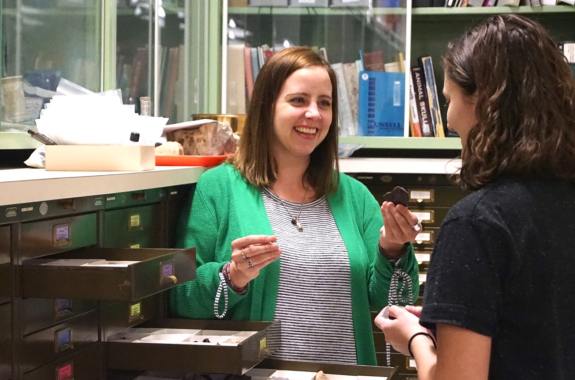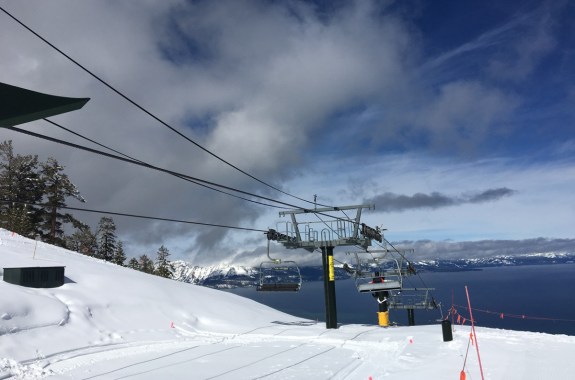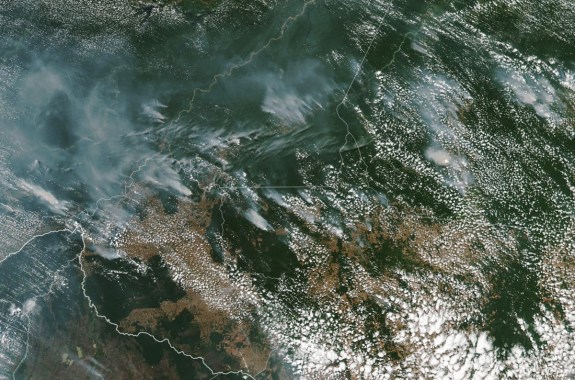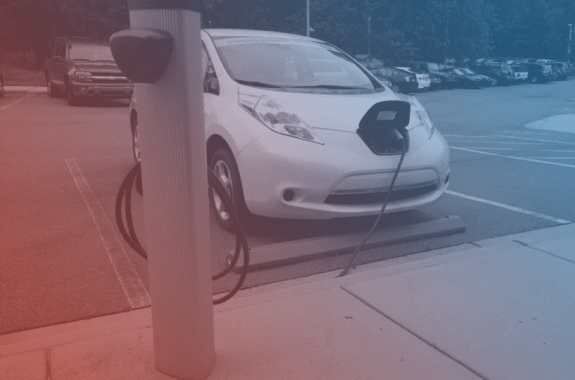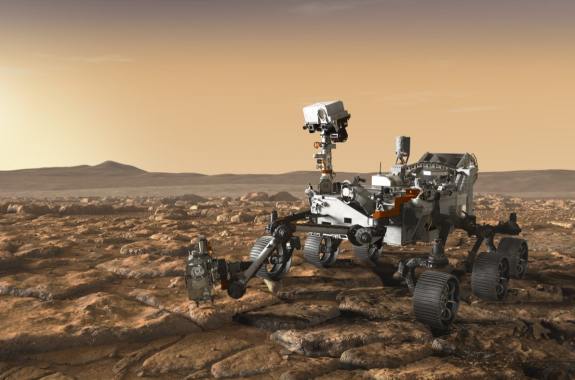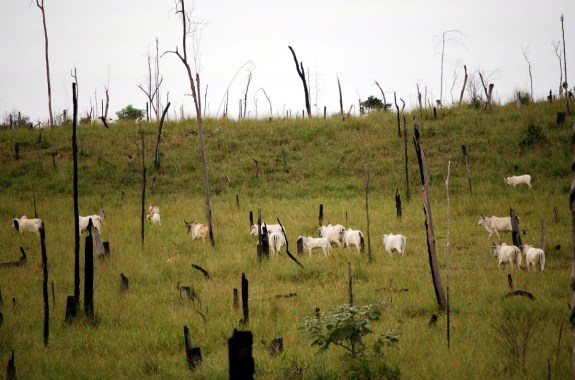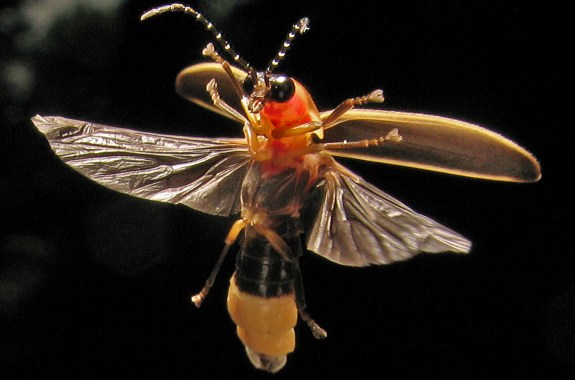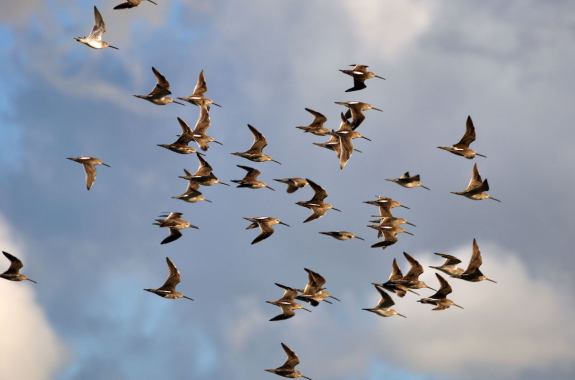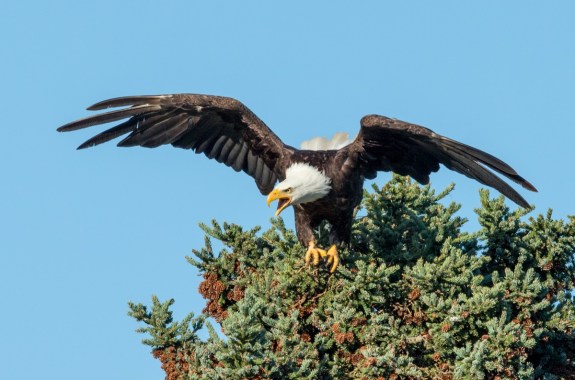Award winning science correspondent and TV journalist Ira Flatow is the host of Science Friday, heard on public radio stations across the country and distributed by WNYC Studios. He anchors the show each Friday, bringing radio and Internet listeners worldwide a lively, informative discussion on science, technology, health, space, and the environment. Ira is also founder and president of the Science Friday Initiative, a 501 (c)(3) non-profit company dedicated to creating radio, TV, and Internet projects that make science “user-friendly.”
Flatow’s interest in things scientific began in boyhood—he almost burned down his mother’s bathroom trying to recreate a biology class experiment. “I was the proverbial kid who spent hours in the basement experimenting with electronic gizmos, and then entering them in high school science fairs,” Flatow says. Mixing his passion for science with a tendency toward being a bit of a ham, Flatow describes his work as the challenge “to make science and technology a topic for discussion around the dinner table.”
He has shared that enthusiasm with public radio listeners for more than 35 years. As a reporter and then news director at WBFO-FM/Buffalo, New York, Flatow began reporting at the station while studying for his engineering degree at State University of New York in Buffalo. As NPR’s science correspondent from 1971 to 1986, Flatow found himself reporting from the Kennedy Space Center, Three Mile Island, Antarctica, and the South Pole. In one memorable NPR report, Flatow took former All Things Considered host Susan Stamberg into a closet to crunch Wint-O-Green Lifesavers, proving they spark in the dark.
His most recent book is entitled Present At The Future: From Evolution to Nanotechnology, Candid and Controversial Conversations On Science and Nature (HarperCollins).
On television, Flatow has discussed the latest cutting edge science stories on a variety of programs. He also hosted the four-part PBS series Big Ideas, produced by WNET in New York. His numerous TV credits include six years as host and writer for the Emmy award-winning Newton’s Apple on PBS, science reporter for CBS This Morning, and cable’s CNBC. He wrote, produced, and hosted Transistorized!, an hour-long documentary about the history of the transistor, which aired on PBS. He has talked science on many TV talk shows including Merv Griffin, Today, Charlie Rose, and Oprah. He has co-starred twice on the CBS hit series The Big Bang Theory.
On the Internet, Flatow has hosted numerous science-related web casts for Discovery Online, The Great Planet Debate, and the American Museum of Natural History in New York.
In print, Ira has authored articles for various magazines ranging from Woman’s Day to ESPN Magazine to American Lawyer. His commentary has appeared in The Los Angeles Times, and Current newspapers. Public speaking and moderating discussions are a regular part of his schedule. He has spoken at Rockefeller University, the World Economic Forum, Sun Microsystems, Hewlett Packard, Calvin Academy, Cal Tech, MIT, Harvard, University of Wisconsin, OSHU, National Inventor’s Hall of Fame, and the Kentucky Author Forum. In 2004, Ira was resident scholar at Woods Hole Oceanographic Institute. His recent honors include: the Isaac Asimov Award (2012,) the Nierenberg Prize (2010), Connecticut Academy of Science and Engineering, membership (2008), National Science Teachers Association Faraday Science Communicator Award (2007), the National Science Board Public Service Award (2005), World Economic Forum Media Fellowship (2005), AAAS Journalism award (2000), Brady Washburn Award (2000), and the Carl Sagan Award (1999). Ira is member of the National Association of Science Writers, AFTRA, and Screen Actors Guild. His hobbies include tennis, golf, gardening (especially orchids), and electronic gadgets. He loves the theater. A native of New York, Flatow now lives in Connecticut.
17:55
What We Know And Don’t Know About The Mysterious Vaping Illness
An Illinois patient died from the illness last week. Now, health researchers are investigating the dangers of vaping and how it should be regulated.
17:27
Use These Free STEM Resources Made For Teachers, By Teachers
The teachers of today are training the scientists of the future with lessons from SciFri’s Educator Collaborative.
35:03
Retooling The Tourism Industry Under A Changing Climate
From the ski slopes to casinos, how climate change is affecting the tourism industry in Lake Tahoe and other recreation communities.
6:11
The Amazon Is Burning
Brazil is overseeing unprecedented destruction of the world’s natural resource.
5:32
What’s The Charge… For An Electric Car Charge?
In North Carolina, electric vehicle charging stations will start operating more like gas pumps.
12:15
Trying To Find Life On Mars? Start In The Australian Outback.
The Mars 2020 mission will search for ancient life on Mars. It might know what to look for thanks to a primordial rock in the Australian outback.
17:37
How We Use Land Contributes To Climate Change
The 2019 IPCC Report explains how proper land management could help or hurt the environment.
17:27
Are Firefly Populations ‘Blinking Out’?
Fireflies are vulnerable to habitat loss, pesticides, and light pollution.
34:04
SciFri Book Club: One For The Birds
A celebration of the tool-users, the problem-solvers, and the songbirds. Plus, can we ever truly understand animal minds?
7:56
The Trump Administration Rolls Back The Endangered Species Act
Regulators will soon consider lost revenue of protecting endangered species, and other stories in this week’s News Roundup.

